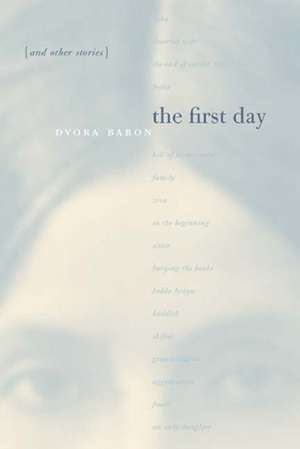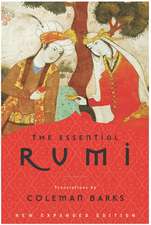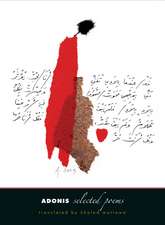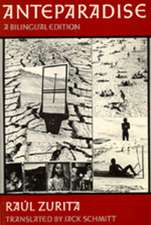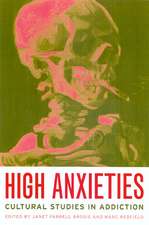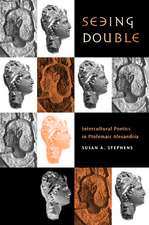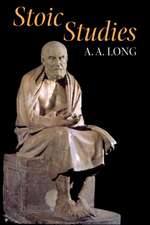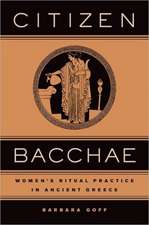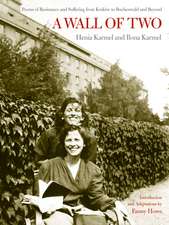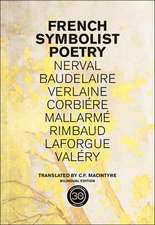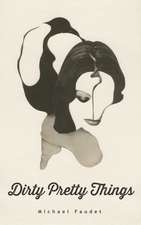The First Day and Other Stories
Autor Dvora Baronen Limba Engleză Paperback – 3 mai 2001
The eighteen stories in this superb collection offer an intimate re-creation of Jewish Eastern Europe from a perspective seldom represented in Hebrew and Yiddish literature of the late nineteenth and early twentieth centuries. Baron brings vividly to life the shtetl experiences of women and other disenfranchised members of the Jewish community. Her stories relate the feelings of a newborn girl, a "Jewish" dog, an impoverished bookkeeper, a young widow who must hire herself out as a wet-nurse, and others who face emotional and physical hardships.
Baron's fluid writing style pushes the flexibility of Hebrew and Yiddish syntax to its limits, while her profound knowledge of both biblical and rabbinical literature lends rich subtleties to her stories. A companion to Conversations with Dvora: An Experimental Biography of the First Modern Hebrew Woman Writer, by Amia Lieblich (California, 1997), this collection is drawn from Baron's earlier as well as later works.
Preț: 235.64 lei
Nou
Puncte Express: 353
Preț estimativ în valută:
45.09€ • 47.08$ • 37.32£
45.09€ • 47.08$ • 37.32£
Carte tipărită la comandă
Livrare economică 04-18 aprilie
Preluare comenzi: 021 569.72.76
Specificații
ISBN-13: 9780520085381
ISBN-10: 0520085388
Pagini: 264
Dimensiuni: 141 x 216 x 16 mm
Greutate: 0.35 kg
Editura: University of California Press
ISBN-10: 0520085388
Pagini: 264
Dimensiuni: 141 x 216 x 16 mm
Greutate: 0.35 kg
Editura: University of California Press
Descriere
A collection of 18 stories that offer a re-creation of Jewish Eastern Europe from a perspective seldom represented in Hebrew and Yiddish literature of the late nineteenth and early twentieth centuries. It brings to life the shtetl experiences of women and other disenfranchised members of the Jewish community.
